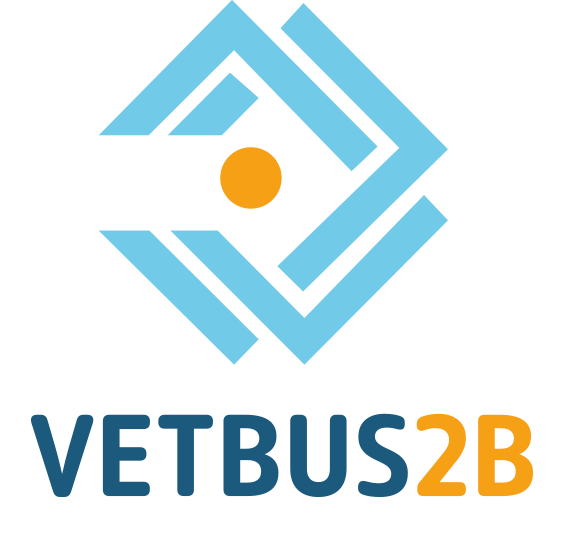acf domain was triggered too early. This is usually an indicator for some code in the plugin or theme running too early. Translations should be loaded at the init action or later. Please see Debugging in WordPress for more information. (This message was added in version 6.7.0.) in /web/htdocs/www.vetbus2b-erasmusplus.eu/home/wp-includes/functions.php on line 6121The stimulation of cooperation on Vocational Education and Training not only between EU VET providers and private firms but also between European Union and Third Countries is one of the main policy priorities set by the European Union in the field of Education and International cooperation. It is crucial to promote European VET system in an international context so that it can become a worldwide reference for vocational learners.
The Argentina VET system is decentralised to regions and it has been reformed in 2005 by reorganising the secondary educational level across seven years learning path. Students start attending VET Schools at the age of 11 and they study general subjects during the first three years (first Cycle) while in the following four years (second Cycle) they are going to choose more specific subjects and they will finally receive the “Technician” title. Work-Based Learning activities are scheduled only in the second Cycle and internships and/or unpaid apprenticeships can be proposed only in the seventh year (as 50% of the whole training hours). The organisation and management of WBL activities for students is a task managed only by VET teachers (no direct cooperation with the private company hosting the student). In effect, local manufacturing companies declares it is often difficult to find candidates matching with the professional skills required for a very specific job offered.

Vocational Education and Training (VET) has the potential to address this need by promoting effective Work-Based Learning (WBL) initiatives for young people but it is crucial to work together by developing common methodology and by using common operative tools to jointly raise the relevance of education and training to labour market needs.

VETBUS2B is mainly based on the results achieved by the former Erasmus+ KA3 project “VETBUS” granted by the European Union in 2017. VETBUS came from the introduction into the Italian Marche regional territory of the dual-VET system (as required by the national reform of 2015) and from the need to bridge the gap between the world of education and the labour market with attractive work-based learning programmes for local apprentices matching with the professional skills required by the local business actors.
To address the issues VETBUS project firstly carried out an internal capacity building programme to share good practices and learn from the German Dual VET well-established model and then piloted a regional VET-business partnership among VET operators, the chamber of commerce and a private manufacturing enterprise.
VETBUS ended in 2019 and it managed to map the emerging professional skills of the regional manufactural sector, to involve the local private sector in the definition of learning outcomes related to a specific professional profile and to carry out a pilot WBL path for a group of students attending a VET programme.
Now VETBUS2B will capitalise the WBL pedagogical approach developed by VETBUS by adapting and transferring its model to the very specific context of the Cordoba Region manufactural sector in Argentina.
